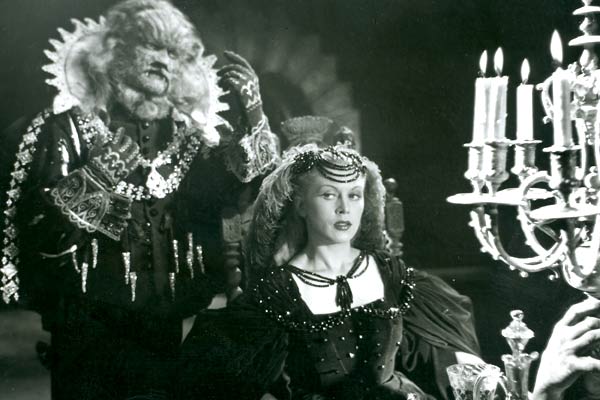
Friday, July 17, 2009
Yo me voy pa la Habana y no aguanto mas
La Sonora Matancera
con el cantante colobiano
Nelson Pinedo .
Podran ustedes apreciar
en el fondo , a Pedro Knigh
esposo de la cantante Celia Cruz.
Sonora Matancera
From Wikipedia, the free encyclopedia
This article does not cite any references or sources. Please help improve this article by adding citations to reliable sources. Unsourced material may be challenged and removed. (May 2007)
La (Estudiantina) Sonora Matancera is a long-time band. Was led by guitarist and vocalist Rogelio Martínez, La Sonora Matancera has been called, by the Guinness Book of World Records, "the group with the longest duration."
Formed by Valentin Cané, bassist Pablo "Babu" Vásquez, vocalist Eugene Pérez, timbales player Manuel "Jimagua" Sánchez, trumpet player Ismael Goberna, and guitarists Domingo Medina, José Manuel Valera, Julio Gobín, and Juan Bautista Llopis, the band has gone through many personnel changes in more than seven decades. Dámaso Pérez Prado was one of the group's pianists and arrangers in its early days. Vocalists in the group have included Daniel Santos, Bienvenido Granda, Nelson Pinedo, Alberto Beltrán, Bobby Capó, Carlos Argentino, Celio González, Myrta Silva, and its greatest alumna, Celia Cruz.
The Sonora Matancera is best known for its harmonic use of four trumpets, a trademark sound that has led musical purists to reject attempts from any musical group with the word "sonora" in its name to use it, should the group not feature an all-trumpet brass section. Groups such as the Puerto Rico-based Sonora Ponceña follow the rule. Bongo and batá drums as well as accordion and hammond organ featured prominently among the instruments used.
The Sonora is also peculiar for its backup singers, notably Manuel Díaz Alonso, "Caíto", whose nasal delivery was much imitated by many Latino orchestras, most notably for those directed by Venezuelan-born bandleader and singer Oscar D'León.
Original director, Valentin Cane, led the band until poor health forced him to retire at the end of the 1930s. Initially known as Septeto Soprano, the group adapted its name to La Sonora Matancera in 1932. Leaving Cuba, at the advent of the revolution of the 1950s and 1960s, the group settled in New York City, where they continued to share their love of salsa with enthusiastic audiences.
[edit]External links
Subscribe to:
Post Comments (Atom)
No comments:
Post a Comment